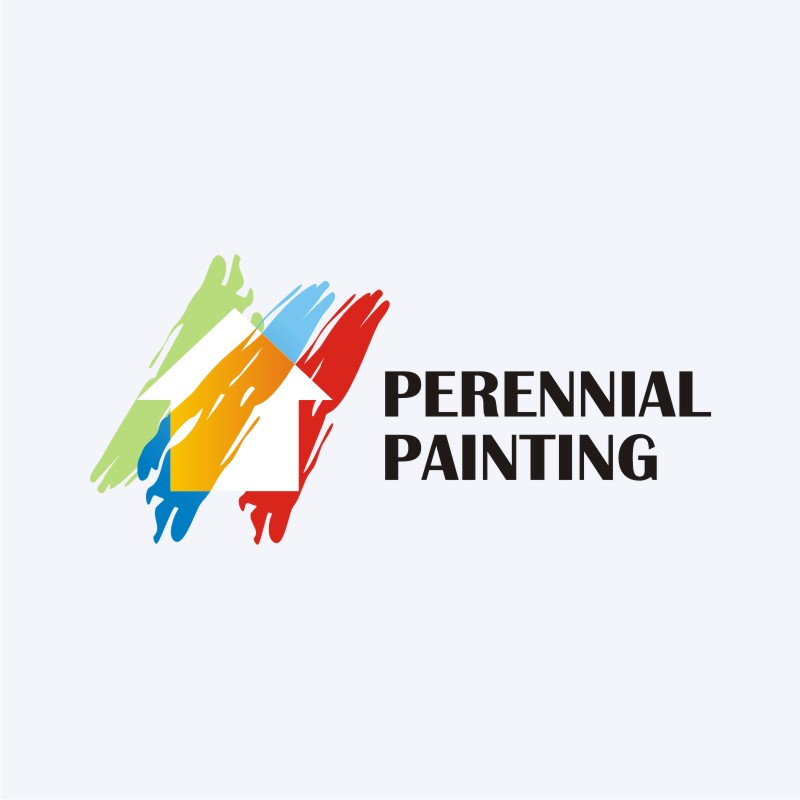The Worth Of Using Primer Before The Painting Refine
The Worth Of Using Primer Before The Painting Refine
Blog Article
Writer-Mcfadden Haney
When you're preparing to paint, utilizing primer can make a significant distinction in the last result. It improves adhesion, guaranteeing your paint sticks well and lasts longer, while likewise improving shade vibrancy-- making tones appear richer and much more real to develop. And also, it aids stop issues like peeling off and damaging. Nonetheless, Keep Reading of neglect simply how versatile guide is and the impact it can have throughout different surface areas. Understanding these benefits might change how you approach your following project, particularly when considering what guide can really use.
Improved Attachment
Utilizing primer prior to paint considerably enhances bond, guaranteeing your topcoat sticks much better and lasts longer. When you use primer, it creates a strong base that permits your paint to grip the surface area more effectively. This is particularly important on permeable or uneven surface areas like raw wood or drywall, where paint alone may have a hard time to adhere correctly.
You may observe that without primer, the paint can peel off or chip much more easily, resulting in a frustrating and time-consuming painting process. By using guide, you're decreasing the likelihood of this concern and boosting the durability of your finish. It's not practically sticking; it's about developing a strong bond that withstands the examination of time.
In addition, guide assists secure the surface area, avoiding dampness from leaking through and creating damage. Recommended Internet page is especially useful in high-humidity areas or on surface areas exposed to the components.
Improved Shade Vibrancy
A high-grade guide can change your painting project by boosting shade vibrancy. When you use a guide, it produces a consistent surface that allows your paint to beam.
Without it, you may discover colors looking plain or rinsed, particularly on permeable or unequal surface areas.
Making visit this weblink of guide helps to make sure that the pigments in your paint pop, offering your completed job a more lively and saturated look.
You'll discover that also a single layer of paint can appear richer and more real to its color when used over a good primer. This is particularly vital when you're dealing with vibrant colors or complex designs.
Additionally, guide helps to decrease the number of paint layers required to accomplish your preferred color.
Rather than layering on numerous layers to accomplish depth and vibrancy, you can frequently get away with 1 or 2, conserving you both money and time.
Enhanced Resilience
Applying primer prior to painting significantly improves the durability of your finish. When you utilize primer, you develop a strong foundation that assists the topcoat adhere much better to the surface. This strong bond indicates your paint is much less most likely to peel, crack, or discolor gradually. If you skip this important action, you're risking premature wear and tear on your gorgeous brand-new paint job.
In addition, primer acts as an obstacle against moisture, discolorations, and other harmful elements. It safeguards your paint from the underlying surface, especially if you're dealing with porous products like timber or drywall. This added layer of security assists maintain your finish's honesty, ensuring it withstands the examination of time.
In addition, making use of a primer specifically created for the surface kind you're repainting can boost toughness also further. For instance, a top quality outside primer can fend off UV rays and extreme climate condition, while an indoor guide can stand up to stains and scuffs.
mouse click the next document
To conclude, using primer before paint makes an obvious difference in your job. You'll appreciate improved bond, which aids prevent peeling off and damaging, while the enhanced shade vibrancy ensures your surface looks striking. Plus, the increased resilience implies your paint work will last longer, conserving you time and money in the long run. So, whether you're tackling a small DIY job or a larger renovation, don't skip the guide-- it's a game-changer!
